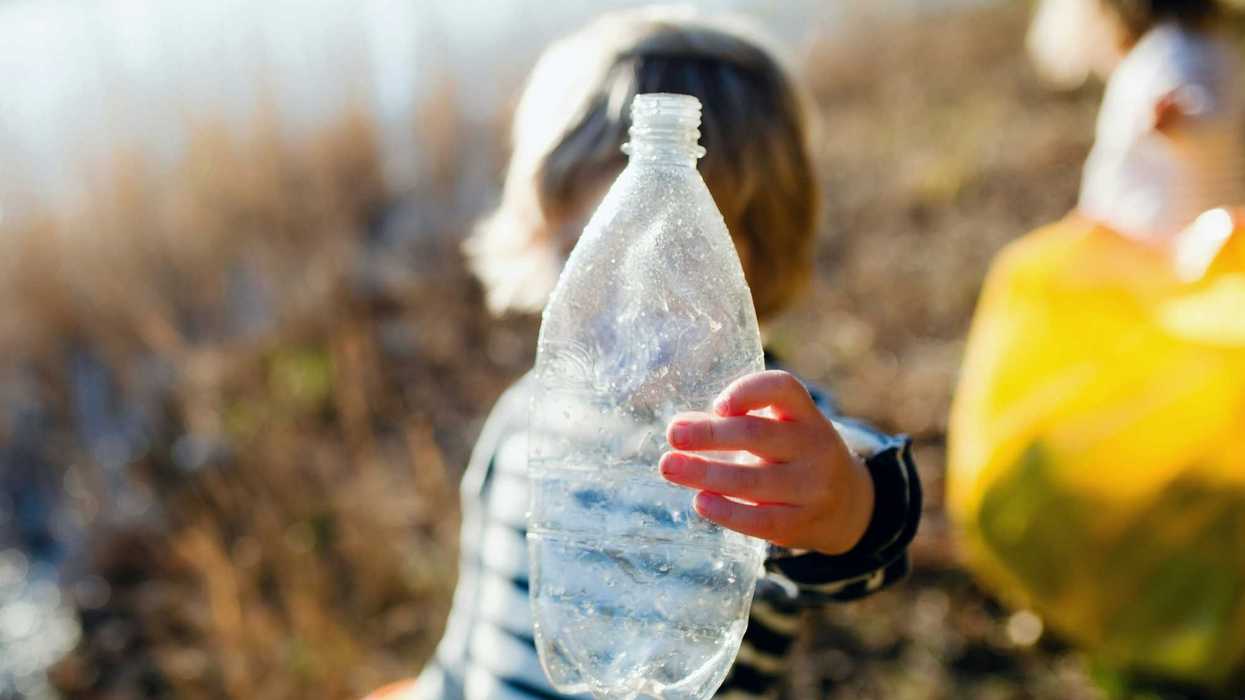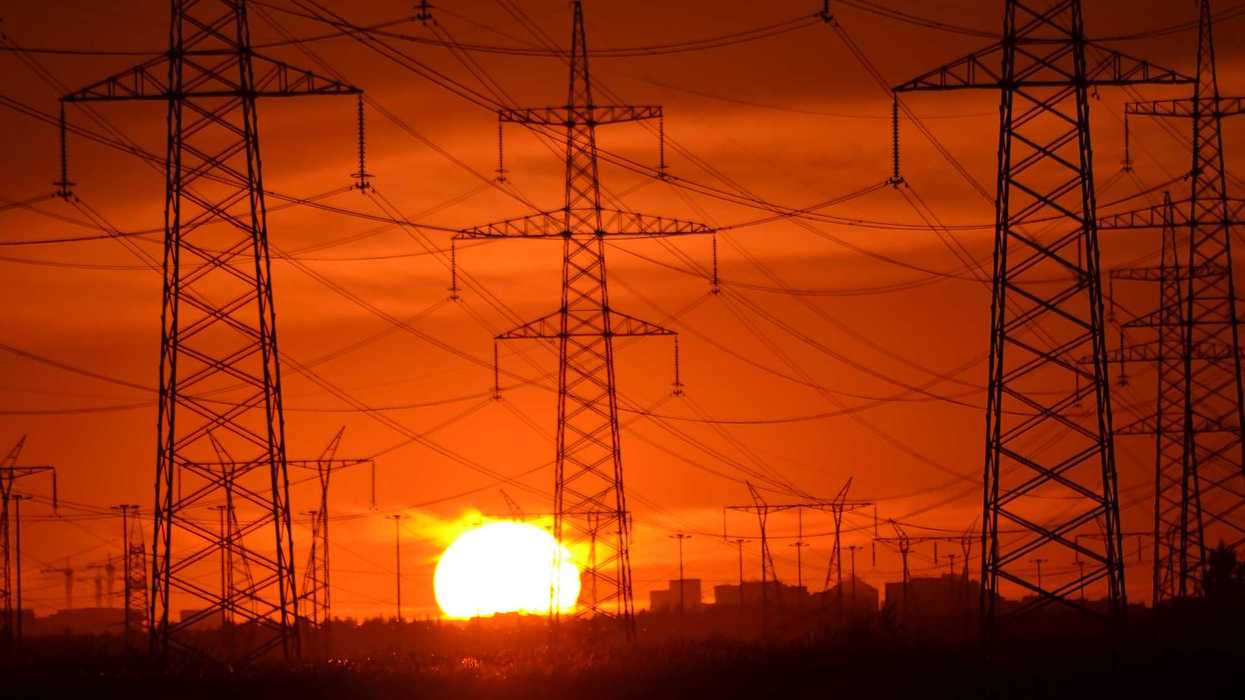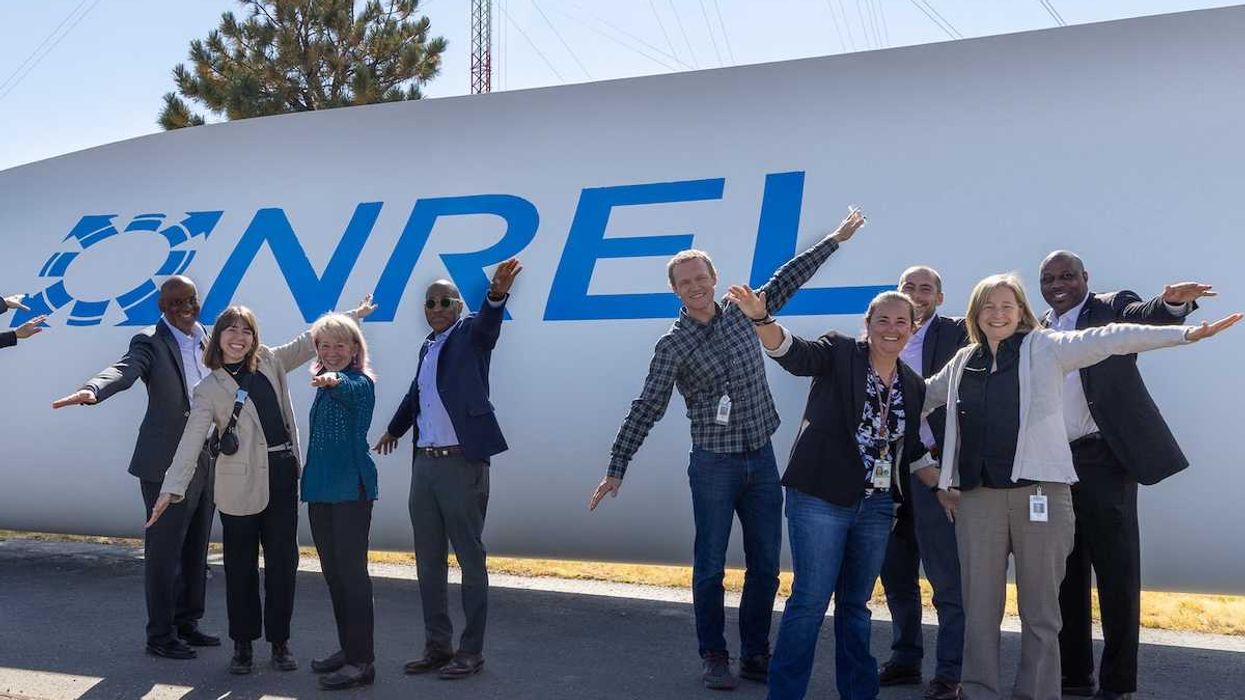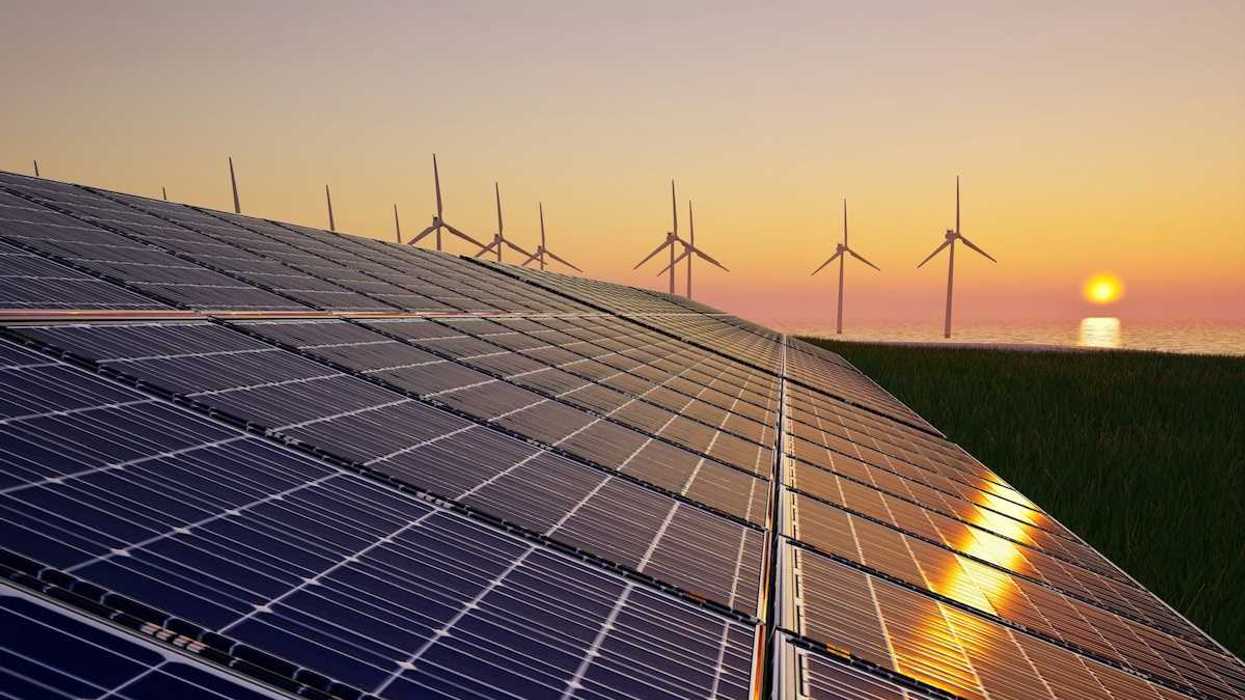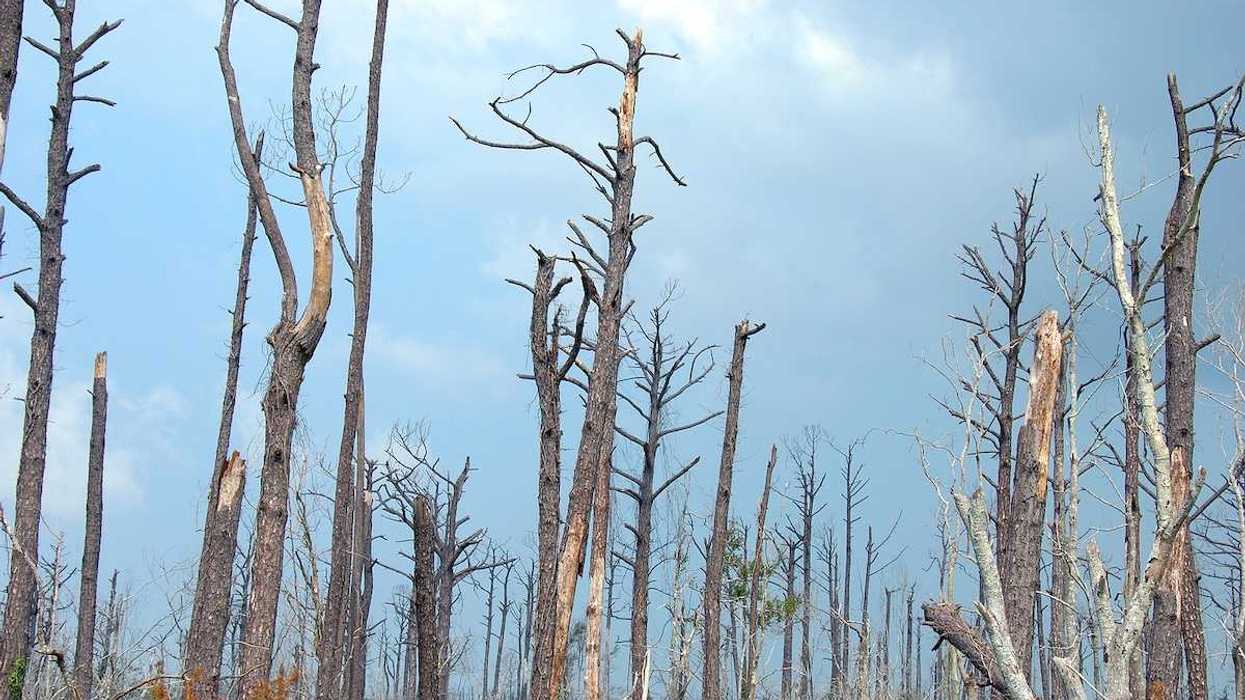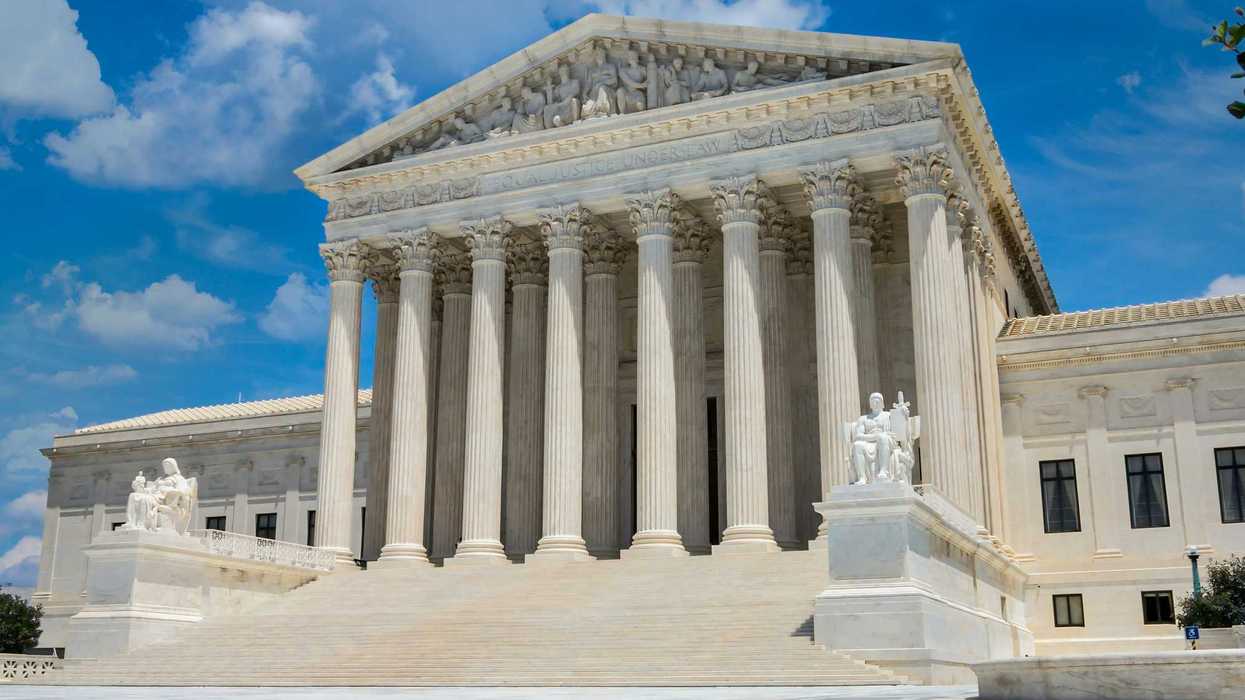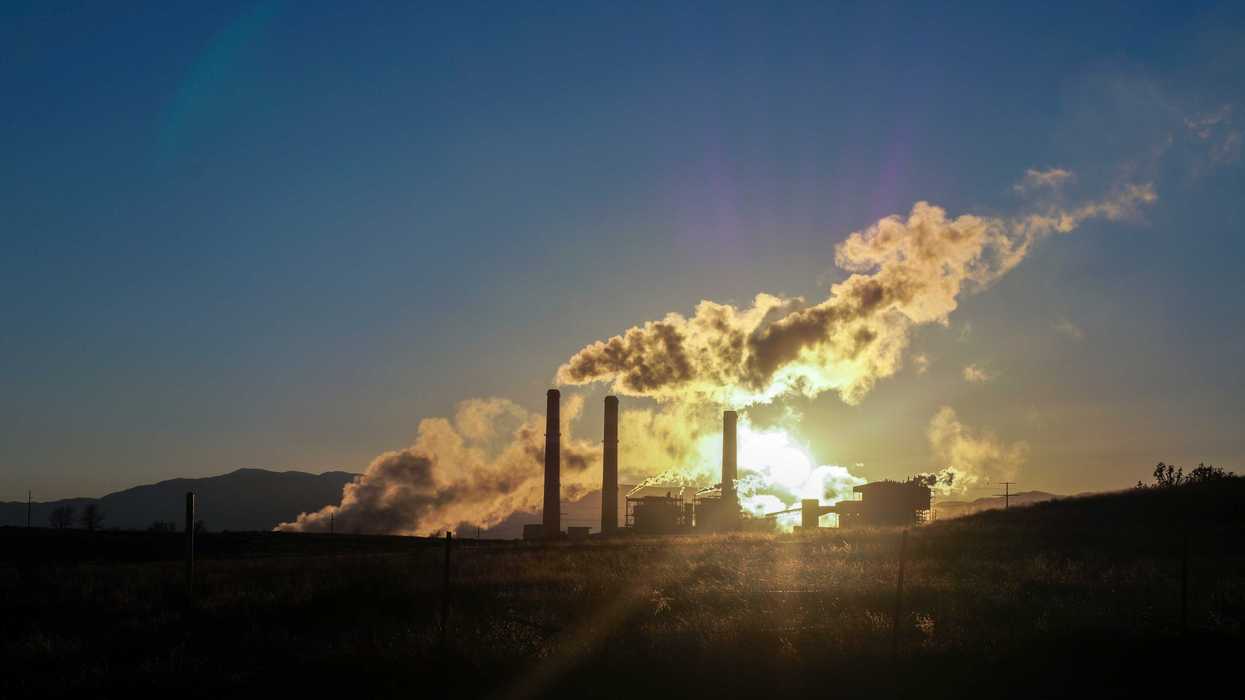A British recycling company is turning shredded electric vehicle batteries into new power cells, offering a path toward cleaner supply chains and energy independence.
Michael Marshall reports for the BBC.
In short:
- Altilium, a UK startup, has developed a water-based method to recover valuable metals like nickel and lithium from used EV batteries, avoiding emissions-heavy techniques like pyrometallurgy.
- The rise in EV adoption and growing concerns over mining's human rights and environmental costs are fueling interest in battery recycling, but the industry is still in its infancy.
- Governments, including the European Union and the US, are introducing policies and incentives to support battery recycling as a way to secure resources and reduce reliance on unstable global supply chains.
Key quote:
“We have to remove that myth that batteries go to landfill.”
— Christian Marston, president and COO of Altilium
Why this matters:
Most of the world’s EV batteries are built on materials sourced from places where labor rights are murky and environmental oversight is practically nonexistent. As demand surges, so does the pressure to mine deeper, faster, dirtier. Recycling offers a way to break that cycle by mining not the Earth, but yesterday’s batteries. The future might still be electric. But to get there sustainably, more companies will have to learn how to bring batteries back from the dead.
Read more:
In push to mine for minerals, clean energy advocates ask what going green really means


